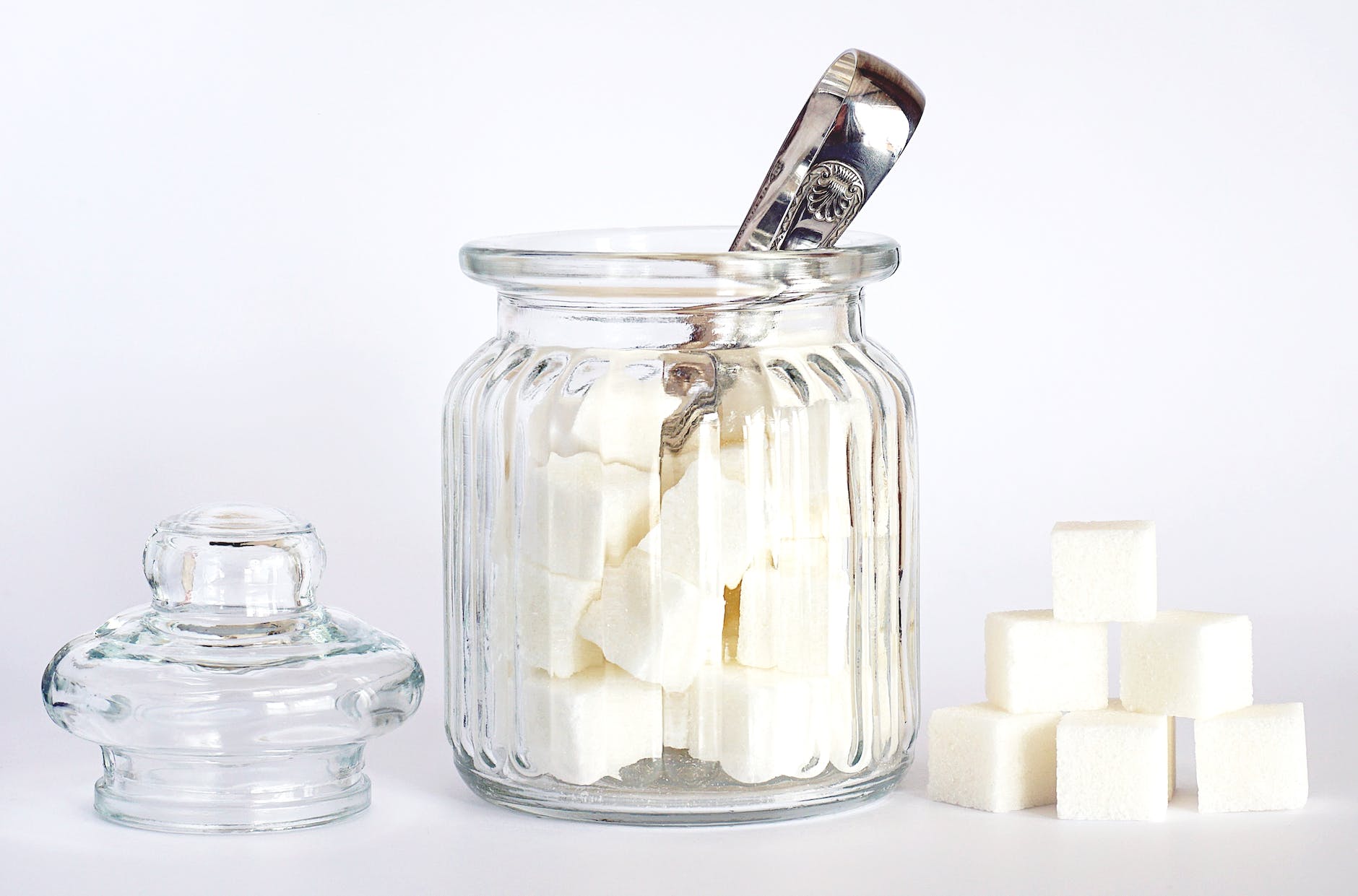
In the ever-evolving world of diabetes management, two medications have risen to prominence: Trulicity and Ozempic. Both belong to the GLP-1 receptor agonists class, pivotal in managing blood sugar levels for those with type 2 diabetes. As their popularity surges, so do the questions surrounding them. This article aims to provide an in-depth comparison, highlighting their similarities, differences, and everything in between.
1. Active Ingredients
Trulicity: At its core, Trulicity contains an active ingredient known as dulaglutide. This compound has been extensively researched and has shown promising results in regulating blood sugar levels in patients with type 2 diabetes.
Ozempic: Ozempic’s main component is semaglutide. Like dulaglutide, semaglutide has undergone rigorous testing and has proven its efficacy in managing diabetes.
The Distinction: While both medications belong to the same class, their molecular structures differ. This difference can influence how the body metabolizes and responds to each drug, potentially affecting efficacy and side effects.
2. Efficacy in Blood Sugar Management
Both Trulicity and Ozempic have been hailed as breakthroughs in the fight against diabetes. Clinical trials and real-world studies have consistently shown their ability to reduce blood sugar levels effectively.
However, individual responses can vary. Factors such as age, diet, exercise, and overall health can influence a patient’s reaction to the medication. It’s also worth noting that while both drugs are effective, some studies suggest that one might have a slight edge over the other in certain scenarios.
Key Takeaway: While both medications are potent, the choice between them should be based on individual needs and a healthcare provider’s recommendation.
3. Weight Loss Potential
One of the notable side effects of both Trulicity and Ozempic is weight loss. For many patients, this is a welcome benefit. Obesity often accompanies type 2 diabetes, so any medication that can address both issues is highly valued.
Trulicity: Patients on Trulicity have reported moderate weight loss. The exact amount varies, but it’s generally seen as a positive side effect.
Ozempic: Ozempic seems to have a more pronounced effect on weight. Some studies suggest that patients on Ozempic might experience more significant weight loss than those on Trulicity.
Point of Consideration: It’s essential to understand that these medications are not primary weight loss drugs. The weight loss experienced is a beneficial side effect, and results can vary widely among individuals.
4. Side Effects and Safety
No medication is without side effects, and Trulicity and Ozempic are no exceptions. Most commonly, patients report gastrointestinal issues.
Common Side Effects:
- Nausea
- Vomiting
- Diarrhea
It’s crucial to discuss any potential side effects with a healthcare provider. In some cases, the side effects might be temporary and diminish as the body adjusts to the medication. In others, a dosage adjustment or even a switch to a different medication might be necessary.
Important Note: Always report any unusual or severe side effects to a medical professional immediately.
5. Cost Implications
The financial aspect of medication is a significant concern for many patients. Both Trulicity and Ozempic can be pricey, but the exact cost varies based on factors like insurance, geographical location, and pharmacy.
Trulicity: Generally, Trulicity is priced competitively, but it’s always advisable to check with local pharmacies or insurance providers for specific pricing details.
Ozempic: Ozempic’s cost is in the same ballpark as Trulicity. However, given the potential differences in insurance coverage and pharmacy pricing, costs can vary.
Budgeting Tip: Some manufacturers offer savings or discount programs for eligible patients. It’s worth exploring these options to potentially reduce out-of-pocket expenses.
6. Dosage and Administration
The dosages for Trulicity and Ozempic differ, and it’s imperative to adhere to the prescribed dose. Overdosing or underdosing can lead to complications.
Trulicity: Typically administered once weekly. The exact dosage depends on the patient’s needs and the doctor’s recommendation.
Ozempic: Also administered once weekly, but the dosage might differ from Trulicity. It’s crucial to follow the healthcare provider’s guidance.
Essential Reminder: Never adjust the dosage without consulting a healthcare professional. If you believe a change is necessary, discuss it with your doctor.
7. Backorder Status and Availability (as of 2023)
Medication shortages can be a significant concern for patients dependent on them for their well-being.
Trulicity: Reports have emerged about a shortage of Trulicity in 2023. The manufacturer, Lilly, has not provided a specific reason, but the limited availability is expected to extend until the end of the year.
Ozempic: Ozempic also faces a shortage, with the situation anticipated to continue through September 2023.
Advice for Patients: If you’re affected by these shortages, consult with your healthcare provider. They might recommend alternative medications or strategies to manage your condition during the shortage.
In conclusion, both Trulicity and Ozempic offer promising results for those battling type 2 diabetes. The choice between them should be based on individual needs, potential side effects, cost considerations, and the guidance of a healthcare professional. Always prioritize your health and well-being, and ensure you’re well-informed about any medication you take.
FAQs for “Trulicity vs. Ozempic: A Comprehensive Comparison”
- What are the active ingredients in Trulicity and Ozempic?
Trulicity contains an active ingredient called dulaglutide, while Ozempic is formulated with semaglutide. Both are part of the GLP-1 receptor agonists class, which plays a pivotal role in managing type 2 diabetes. - How do Trulicity and Ozempic help in managing diabetes?
Both medications work by mimicking the function of the GLP-1 hormone, which regulates blood sugar levels. They help increase insulin production when blood sugar is high and reduce the amount of glucose produced by the liver. - Can I expect weight loss while taking these medications?
Many patients experience weight loss as a side effect when taking either Trulicity or Ozempic. However, the extent of weight loss can vary between individuals and the specific medication. - Are there any common side effects associated with Trulicity and Ozempic?
Common side effects for both medications include gastrointestinal issues such as nausea, vomiting, and diarrhea. It’s essential to discuss potential side effects with a healthcare provider. - How often do I need to take Trulicity or Ozempic?
Both Trulicity and Ozempic are typically administered once a week. The exact dosage and frequency should be determined by a healthcare professional based on individual needs. - Is there a significant cost difference between Trulicity and Ozempic?
The cost of both medications can vary based on factors like insurance, location, and pharmacy. It’s advisable to check with local pharmacies or insurance providers for specific pricing details. - Are there any current shortages of Trulicity or Ozempic?
As of 2023, there have been reports of shortages for both Trulicity and Ozempic. It’s essential to stay updated and consult with healthcare providers for alternatives if necessary. - Can I switch between Trulicity and Ozempic?
Switching between the two medications should be done under the guidance of a healthcare provider. They will consider various factors, including current health status, potential side effects, and individual needs. - Are Trulicity and Ozempic primary weight loss drugs?
While both medications can lead to weight loss, they are primarily designed for managing blood sugar in type 2 diabetes. The weight loss experienced is often a beneficial side effect. - How do Trulicity and Ozempic compare to other diabetes medications?
Both Trulicity and Ozempic belong to the GLP-1 receptor agonists class, making them different from other diabetes medications like metformin or insulin. Their efficacy, side effects, and cost can vary compared to other drugs, so it’s essential to discuss with a healthcare provider.
Blog Tags for the Post:
Trulicity, Ozempic, GLP-1 receptor agonists, type 2 diabetes, diabetes management, blood sugar regulation, weight loss, medication side effects, drug comparison, medication cost, drug shortage, diabetes treatment.













